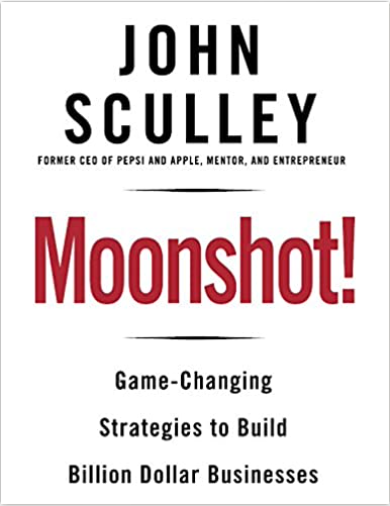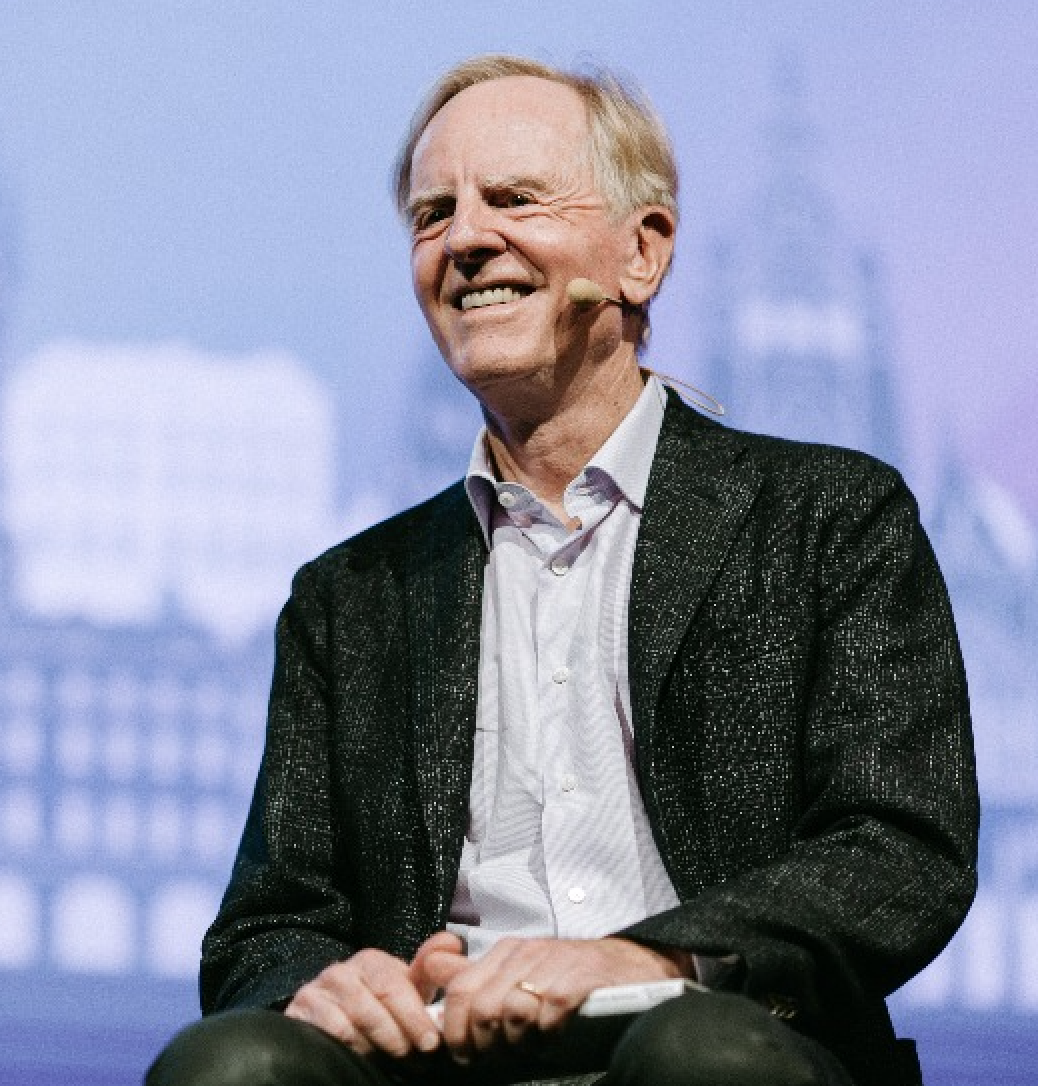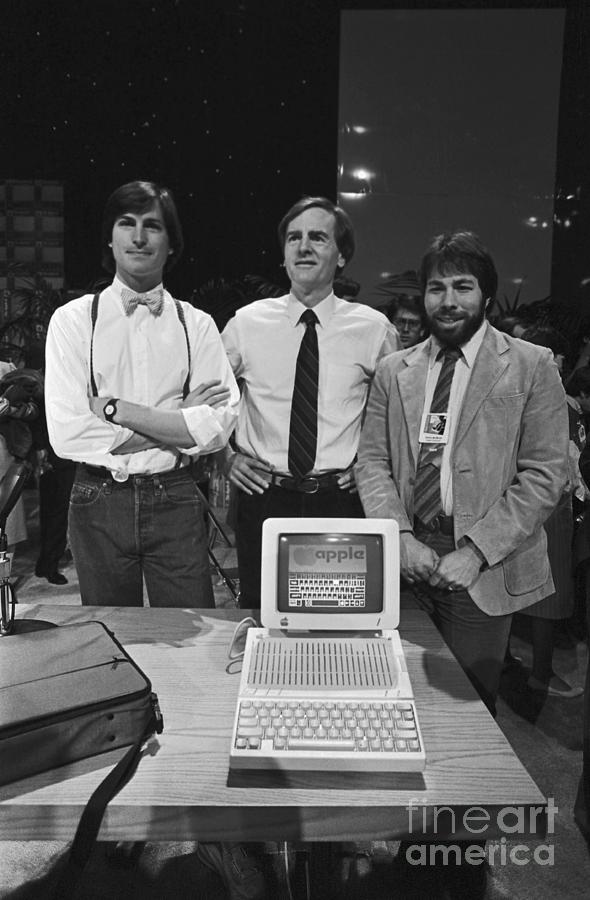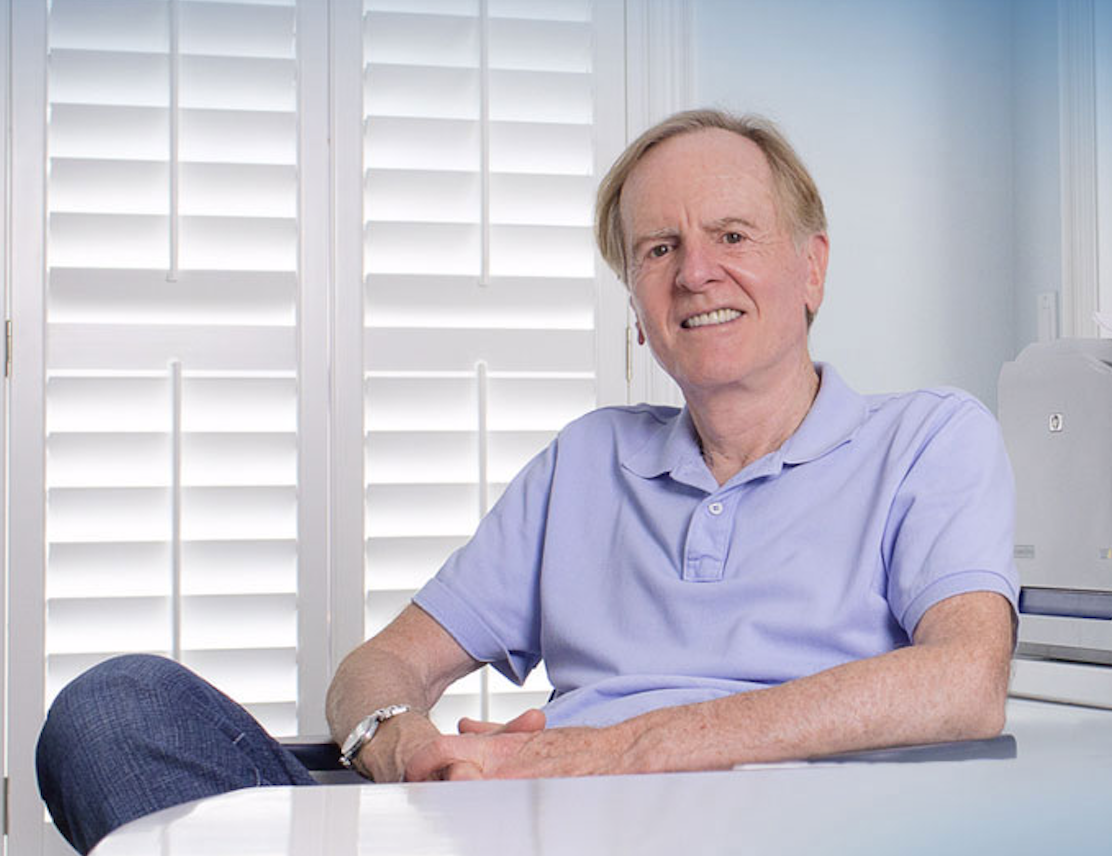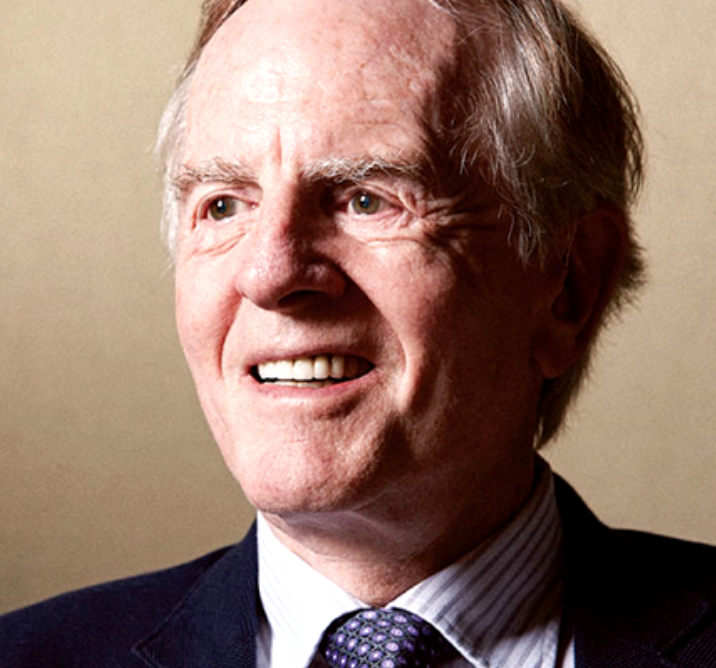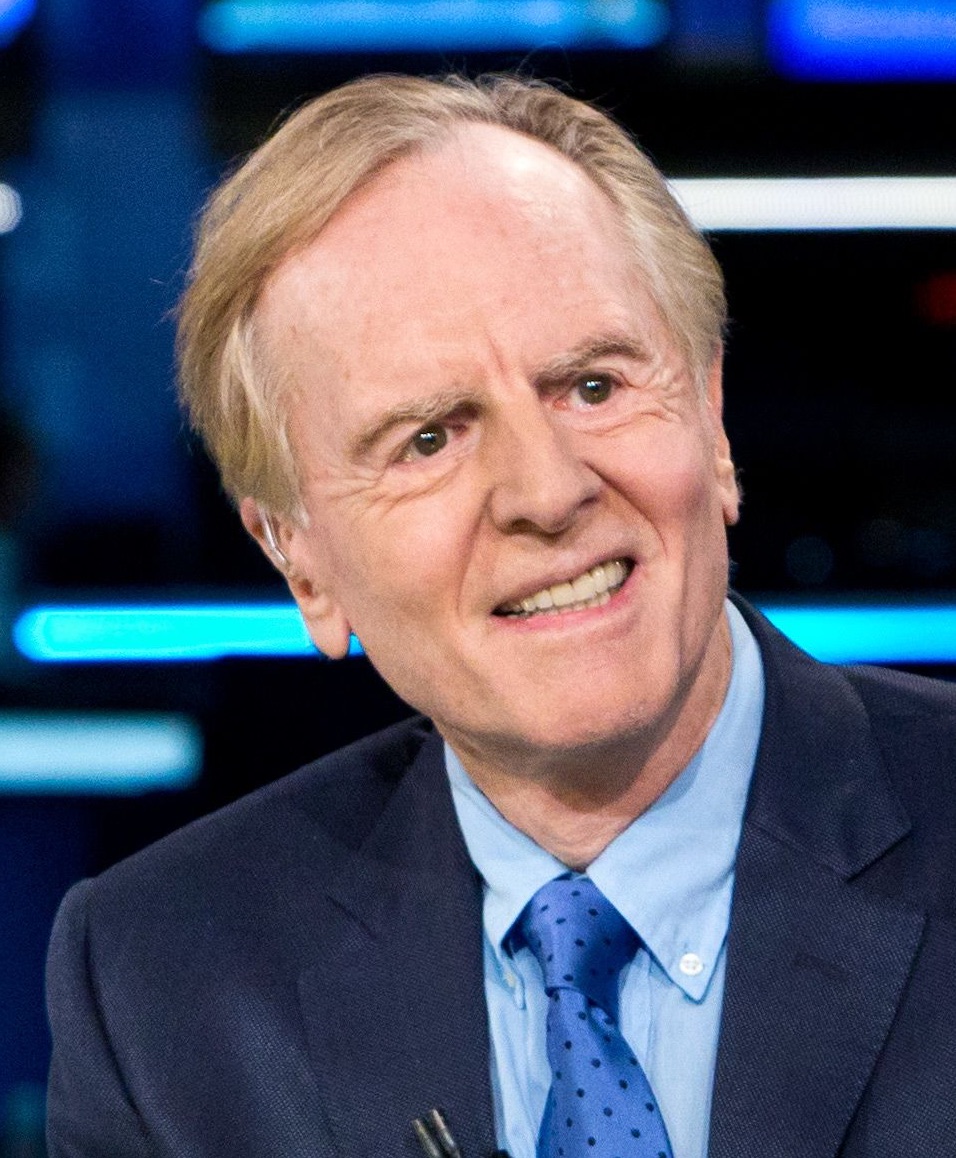Biography
Born on April 6, 1939, in New York City, John Sculley became the Pepsi-Cola Company’s youngest-ever CEO and president. After taking over as chief of Apple Computers Inc. in 1983, Sculley famously butted heads with co-founder Steve Jobs, but presided over a highly profitable period during his 10 years in charge. Sculley continues to consult for startups, notably in the healthcare industry.
John Sculley was born on April 6, 1939, in New York City. After splitting his childhood between New York City and Bermuda, where his mother’s family was from, Sculley studied architectural design at Brown University, then received his MBA from the Wharton School of Finance.
Sculley joined the Pepsi-Cola Company as a trainee in 1967. Named vice president of marketing three years later, Sculley was responsible for the successful “Pepsi Challenge” campaign, in which consumers were asked to choose between Pepsi and Coke in a blind taste test. In 1977, he became Pepsi’s youngest CEO and president to date.
Reportedly lured by Steve Jobs, Apple Computers Inc.’s cofounder and president at the time, with the pitch, “Do you want to sell sugar water for the rest of your life or do you want to come with me and change the world?,” Sculley took over as Apple’s CEO in 1983. Despite his lack of technology expertise, he and Jobs initially saw eye-to-eye on marketing strategy. However, when sales of the Apple Macintosh stalled following its release in 1984, the two butted heads on the company’s course and the relationship grew strained. The board of directors intervened and asked Jobs to step down from heading the Macintosh division, and the spurned founder left the company in 1985.
Although Sculley was later criticized for “firing” Jobs and running Apple into the ground, the company enjoyed a successful run over the next few years. Macintosh sales reignited on the heels of improvements in desktop publishing technology, while the color capabilities of the Macintosh 2 and the portable PowerBook series dazzled customers. However, a series of missteps proved costly. Sculley looked foolish for throwing his promotional weight behind the Newton Message Pad, a clunky hand-held device that functioned erratically, and he was criticized internally for refusing to lower product prices and license Apple software. Although annual sales had grown from $800 million to $8 billion during his 10 years in charge, Sculley was forced out of the CEO role in June 1993. He resigned from the company four months later.
Following his departure from Apple, Sculley briefly served as CEO of Spectrum Technologies Inc. before taking on a consulting role with Eastman Kodak Co. In 1995, he teamed with siblings Arthur and David to form the venture capitalist firm Sculley Brothers LLC.
In recent years, Sculley has turned his focus to the healthcare industry. He is on the board of directors of Watermark Medical, developer of an in-home sleep apnea diagnostic device, and on the board of advisors for Audax Health Solutions, a startup which helps consumers devise online personalized health plans.
Videos
John Sculley + Innovation Post COVID-19
John Sculley: Former CEO of Apple and Pepsi-Cola - DARPA BiT Keynote Speaker
John Sculley, Former-CEO, Apple, Pepsi, USA
2 Minutes With Former Apple CEO John Sculley | Better | NBC News
Speech TopicsExpand each topic to learn more
This speaker tailors this topic for each event. Please let us know if you'd like us to source a topic description.
This speaker tailors this topic for each event. Please let us know if you'd like us to source a topic description.
This speaker tailors this topic for each event. Please let us know if you'd like us to source a topic description.
This speaker tailors this topic for each event. Please let us know if you'd like us to source a topic description.
This speaker tailors this topic for each event. Please let us know if you'd like us to source a topic description.
This speaker tailors this topic for each event. Please let us know if you'd like us to source a topic description.
This speaker tailors this topic for each event. Please let us know if you'd like us to source a topic description.
Blog Posts

Communication Strategies from Sarita Maybin that Transform Workplace Conflict Into Collaboration
Why Your Team's Real Problem Isn't Strategy—It's Communication When was the last time a workplace conversation went sideways, not because of what was said, but how it was delivered? Most organizations pour resources into strategic...
Read More
The 2026 Keynote Speaker Lineup That Creates Real Momentum
If you're looking for a sign to power start your 2026, here it is: this is the year you stop negotiating with your potential. January arrives packed with goals, spreadsheets, and ambitious plans. However, goals...
Read More
Best Artificial Intelligence Speakers for Technology (SaaS) Conferences (2026 Guide)
Quick Links Artificial Intelligence Speakers Healthcare Keynote Speakers Top Technology Speakers Innovation Speakers Leadership Speakers Future of Work Speakers Get Proposal (availability & fees) This guide features the Best Artificial Intelligence Speakers for Technology (SaaS)...
Read More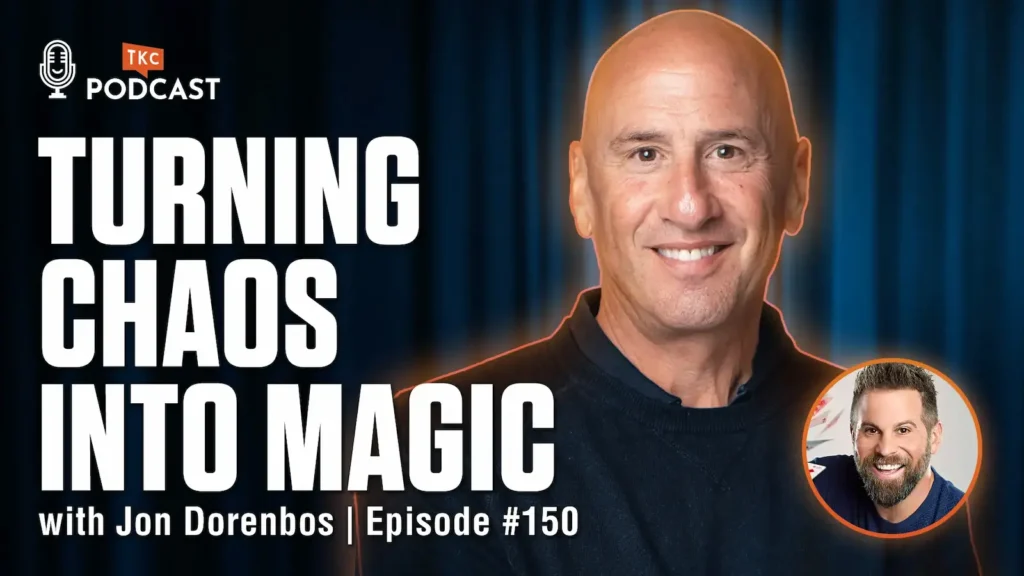
Resilience Lessons From an NFL Player Who Turned Life into Magic
Resilience keynote speaker Jon Dorenbos shares how to turn adversity into action through mindset, forgiveness, and authentic leadership strategies.
Read More
The Top 3 Keynote Speaker Trends That Will Define Your Events in 2026
2026 event planning starts now: discover the keynote speakers and themes that transform audiences through AI ethics, psychological safety, and leadership.
Read More
How Pros Stay Steady To Engage & Interact With Their Event’s Audience
Stop second-guessing your audience's reactions. Learn how veteran emcee Scott Bloom reads rooms without losing confidence during live events.
Read MoreRelated Leadership Speakers
Get in TouchContact US
Fill out the form so we can best understand your needs.
A representative from The Keynote Curators will reach out to you.

